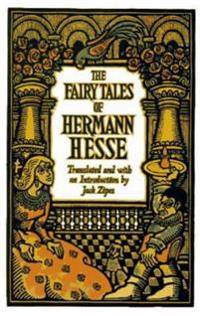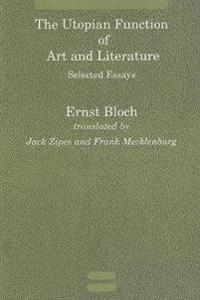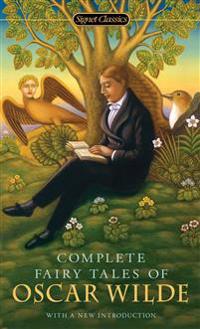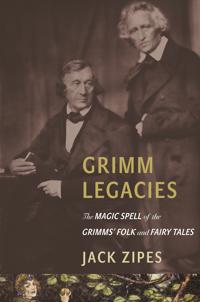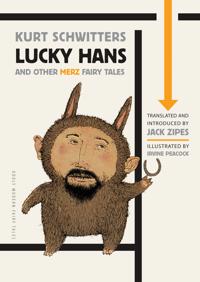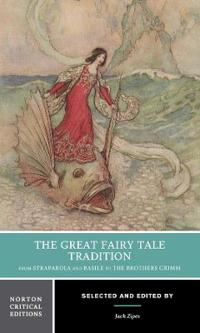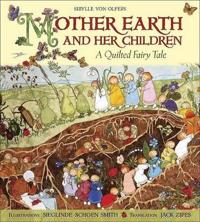The Fairy Tales of Hermann Hesse (Pocket)
avHermann Hesse, Jack David Zipes, Jack David Zipes
ISBN: 9780553377767 - UTGIVEN: 199511A collection of twenty-two fairy tales by the Nobel Prize-winning novelist, most translated into English for the first time, show the influence of German Romanticism, psychoanalysis, and Eastern religion on his development as an author. Simultaneous.[...]
The Utopian Function of Art and Literature (Pocket)
avErnst Bloch, Jack David Zipes, Frank Mecklenburg
ISBN: 9780262521390 - UTGIVEN: 1989-03These essays in aesthetics by the philosopher Ernst Bloch belong to the tradition of cultural criticism represented by Georg Lukacs, Theodor Adorno, and Walter Benjamin. Bloch's fascination with art as a reflection of both social realities and human dreams is evident in them. Whether he is discussin[...]
Complete Fairy Tales of Oscar Wilde (Pocket)
avOscar Wilde, Jack David Zipes, Gyles Brandreth
ISBN: 9780451531070 - UTGIVEN: 200810
The master of wit and irony
Published here alongside their evocative original illustrations, these fairy tales, as Oscar Wilde himself explained, were written "partly for children, and partly for those who have kept the childlike faculties of wonder and joy."
[...]Grimm Legacies (Inbunden)
avJack David Zipes
ISBN: 9780691160580 - UTGIVEN: 2014-11In Grimm Legacies, esteemed literary scholar Jack Zipes explores the legacy of the Brothers Grimm in Europe and North America, from the nineteenth century to the present. Zipes reveals how the Grimms came to play a pivotal and unusual role in the evolution of Western folklore and in the history of t[...]
Lucky Hans and Other Merz Fairy Tales (Pocket)
avKurt Schwitters, Jack David (INT) Zipes, Jack David (TRN) Zipes
ISBN: 9780691160993 - UTGIVEN: 2014-04Kurt Schwitters revolutionized the art world in the 1920s with his Dadaist Merz collages, theater performances, and poetry. But at the same time he was also writing extraordinary fairy tales that were turning the genre upside down and inside out. Lucky Hans and Other Merz Fairy Tales is the first co[...]
The Great Fairy Tale Tradition (Pocket)
avJack David (EDT) Zipes
ISBN: 9780393976366 - UTGIVEN: 2000-12Jack Zipes aims to disprove conventional wisdom regarding the origins of the Grimm fairy tales, which holds that the Grimms collected their tales from the oral tradition of peasants. He argues that the Grimms took most of their tales from literary sources, rewriting them again and again. These tales[...]
Mother Earth and Her Children (Inbunden)
avSibylle Von Olfers, Sieglinde Schoen (ILT) Smith, Jack David (TRN) Zipes
ISBN: 9781933308180 - UTGIVEN: 2007-10Mother Earth's children, who have been sleeping all winter, awake and experience the new life, color, and joys of spring.[...]

